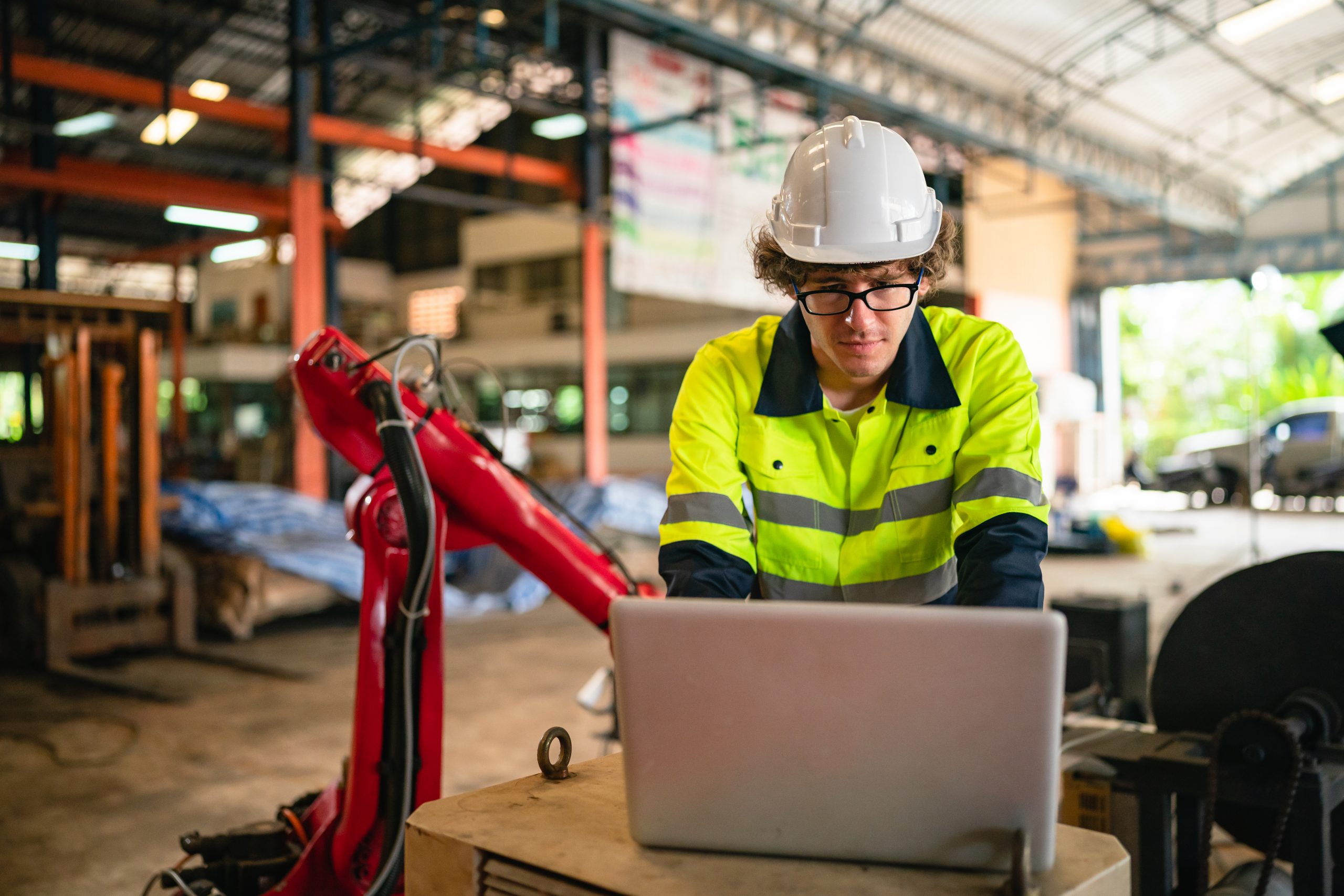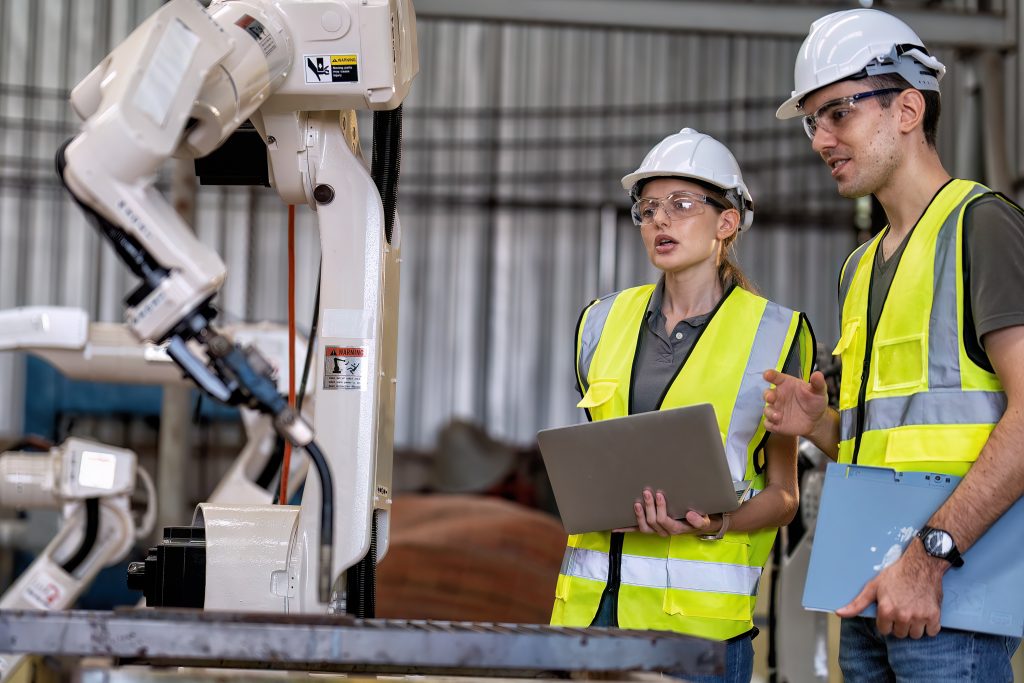UK adoption of AI and ML in construction
In UK construction projects, AI and ML are increasingly used for project management, risk assessment and design optimisation. The adoption of machine learning is the solution to processing the large volume of data that is now unavoidable in construction, and increased automation.
A PBC Today article identifies that the potential for a safer, more efficient and productive industry through emerging AI and machine learning technologies offers a tangible path to wider adoption.
Challenges for AI and ML in construction
Data privacy concerns have been identified as challenging the use of AI and machine learning in construction, while research has found that the cost of implementation of new technologies is a leading barrier. A legacy-based technology landscape is also limiting the potential for the use of new, emerging technologies.
Likewise, the need for specialised expertise continues to impact wider adoption. An article in Facilities Management Journal cites that, ‘while 76% of leaders report a high level of architectural readiness for AI adoption, concerns about the quality of AI resources, particularly human skills, persist’.
The future of AI and ML in UK construction
With a keen eye on future potential, there is certainly an appetite for AI and machine learning within the built environment, despite the challenges. In September 2023, Innovate UK launched a £32m AI fund for innovation projects that improve construction productivity through the use of AI and machine learning.
It is expected that the future of AI and machine learning will involve greater integration with BIM, more smart buildings, and the increased use of autonomous construction equipment.

